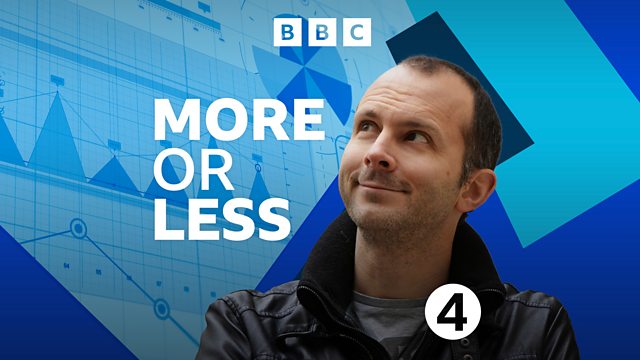Sex Workers - Babylonian Numbers - Credit Crunch Maths: Journalism
Are 80% of prostitutes in the UK really controlled by traffickers, pimps and drug dealers? Plus, maths in ancient Babylon.
Sex Workers
"Something like 80% of women in prostitution are controlled by their drug dealer, or their pimp or their trafficker," according to former Βι¶ΉΤΌΕΔ Office minister Fiona MacTaggart MP.
The idea that women who work in prostitution are largely in forced labour situations is one of the justifications behind a government proposal to introduce a strict liability offence of paying for sex with a woman who has been trafficked or is under the control of a pimp or her drug dealer.
It will be no defence for an accused man to say that he didn't realise that the woman had been trafficked or was "controlled for another person's gain". Men accused of this crime will be charged with rape on the basis that the woman can't be deemed to have consented.
Given the underground nature of prostitution, how do researchers know the proportion of women who are controlled by others? Presenter Tim Harford finds out how the research is done and the reliability of the statistics.
Interviewees include Professor Julia O'Connell-Davidson of Nottingham University, Hilary Kinnell of the UK Network of Sex Work Projects and Fiona MacTaggart MP.
Babylonian Numbers
The ancient civilization is famed for the Tower of Babel, the Hanging Gardens and Belshazzar's Feast - but also for the great advances it made in mathematics.
The ability to write large numbers, the way we measure time, the number of degrees in a circle and the 7 day week - we apparently owe much to Babylonian mathematics.
To find out more, Tim Harford visits the British Museum's Babylon exhibition and talks to Eleanor Robson of Cambridge University's Department of History and Philosophy of Science.
Credit Crunch Maths: Journalism
Gillian Tett of the Financial Times explains the moment she realised that nine tenths of financial activity was being largely ignored by journalists, politicians and regulators.
Until recently, media coverage of the financial markets was mainly limited to equities and mergers and acquisitions. But the credit markets, derivative markets and the market in loans repackaged into bonds were worth far more.
Last on
Broadcasts
- Fri 9 Jan 2009 13:30Βι¶ΉΤΌΕΔ Radio 4
- Sun 11 Jan 2009 20:00Βι¶ΉΤΌΕΔ Radio 4
Just how reliable is our intuition? Find out with The Open University
OU Connect: Put your brain to the test with our new mind-bending probability problems!



